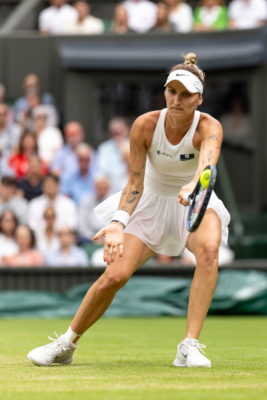Wimbledon 2024: Behind The Scenes with Tim Henman & Rolex
By
9 months ago
C&TH meets the tennis legend
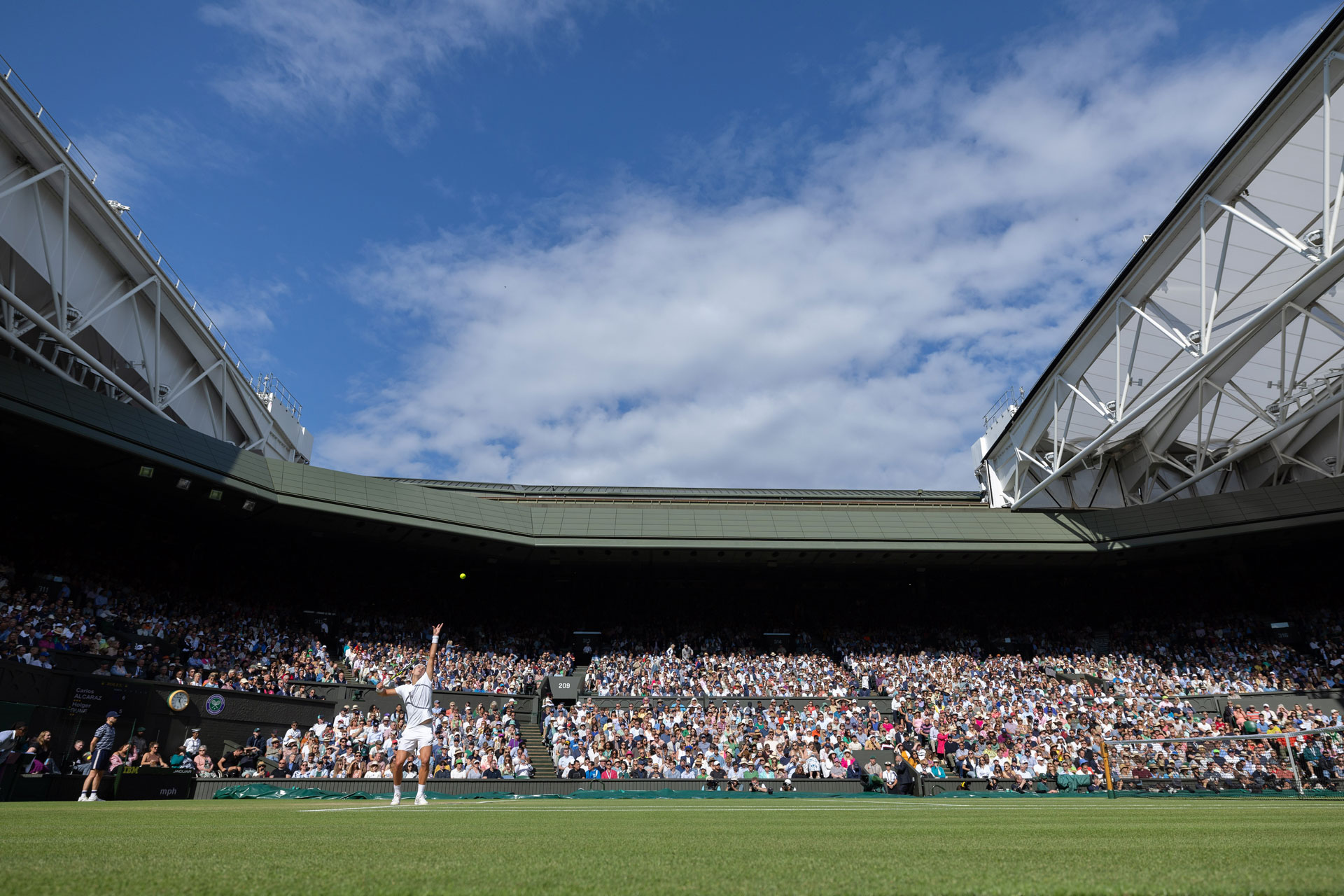
With Wimbledon just around the corner, we were granted behind-the-scenes access to the home of the world’s oldest and most prestigious tennis tournament.
Tim Henman On Wimbledon
It’s one of – if not the – most reputable events in the British sporting calendar, where thousands flock to south-west London for an electrifying fortnight of top-tier tennis. Taking place every year at the All England Lawn Tennis and Croquet Club since 1877, Wimbledon has a rich and fascinating history, synonymous with strawberries and cream, royal visits, and, of course, Swiss watchmaker Rolex. The brand has been associated with the tennis tournament since 1978 when it became the Official Timekeeper, and now boasts a string of tennis stars as testimonies, from Roger Federer to reigning Wimbledon champion, Carlos Alcaraz.
Amongst this line of sporting legends is British former player Tim Henman, who reached four Wimbledon semi-finals and held the British No.1 ranking for a number of years. A six-time Grand Slam semi-finalist, Henman first visited Wimbledon at the young age of six where he watched Swedish player Björn Borg (also a Rolex Testimonee) play. This moment, he says, was the catalyst for his tennis career.
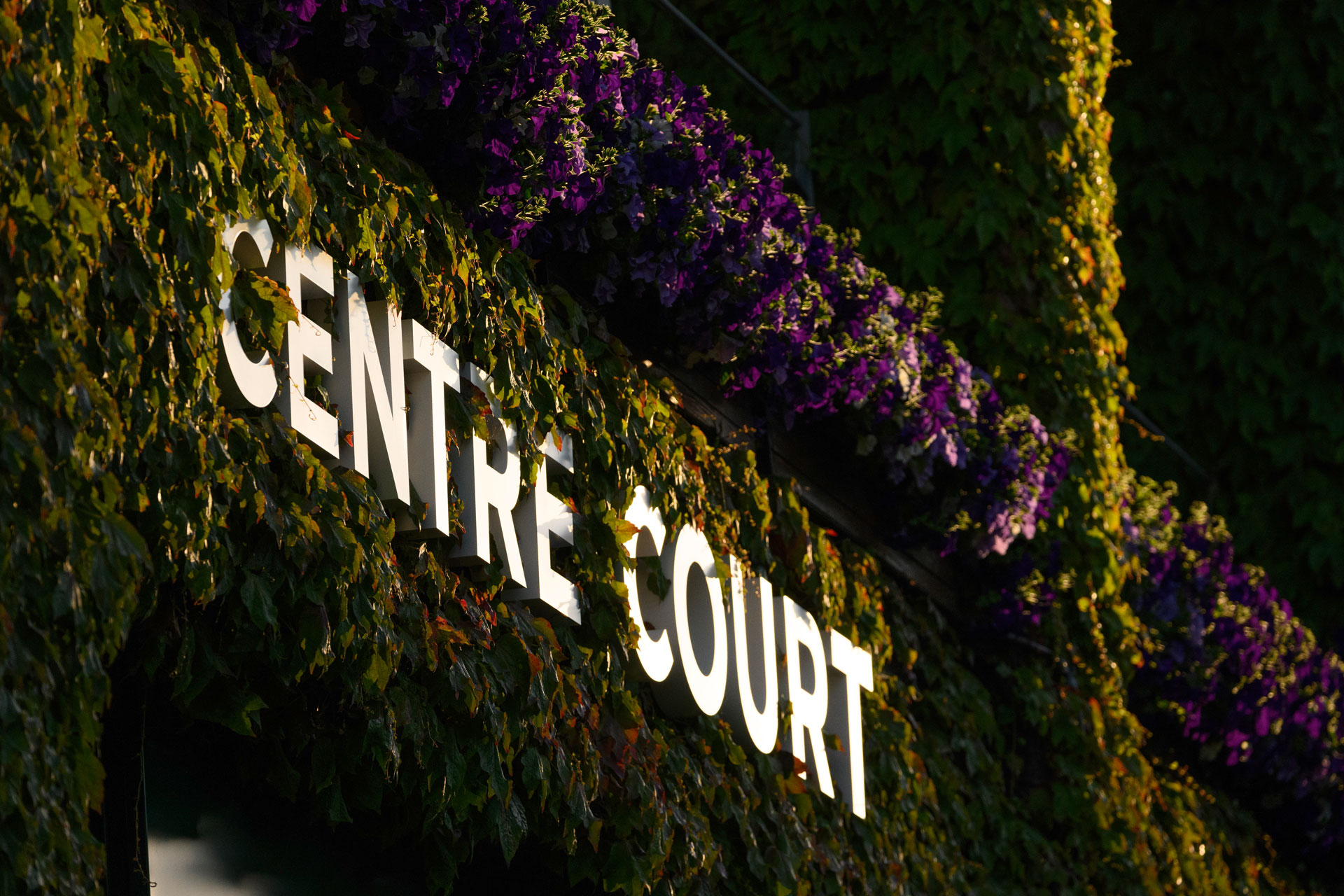
Since retiring in 2007, Henman has remained a prominent figure in the sport, broadcasting for the BBC, the Sky Sports Tennis channel and launching The Tim Henman Foundation, which aims to transform the lives of disadvantaged young people. Also part of The Board of The All England Lawn Tennis and Croquet Club, he is an expert in all things Wimbledon, and someone who is keen to continue the tournament’s traditions whilst embracing the future. For example, he is outwardly supportive of plans to expand the Club, meaning that Wimbledon qualifying matches could take place on the same site as the main tournament, (they currently take place off-site in Roehampton, 3.6 miles from the All England Club).
‘We talk about history and tradition with innovation’, he says. ‘That’s Wimbledon’s mantra. If you’d told me 20 years ago that there would be two roofs; that you’re going to have sliding roofs on Centre Court and Court One, I would have said “no chance”. It’s amazing how it has evolved, but still has the same feel. We don’t want to lose the DNA of the club.’
A Brief History of Wimbledon
Founded in 1868, The All England initially launched as a Croquet Club, later amending its title to The All England Croquet and Lawn Tennis Club after hosting the inaugural Lawn Tennis Championship (Wimbledon) in 1877. Since then, it has grown to become one of the most respected tennis clubs in the world with 18 Championship Grass Courts, including the renowned Centre Court and No. 1 Court.
But, becoming a member of the Club is no mean feat. There are currently only around 375 full members, most of which have given remarkable service to the sport. So, if you win the Men’s or Ladies’ Singles Championship, then you’re in with a chance. Here’s hoping…
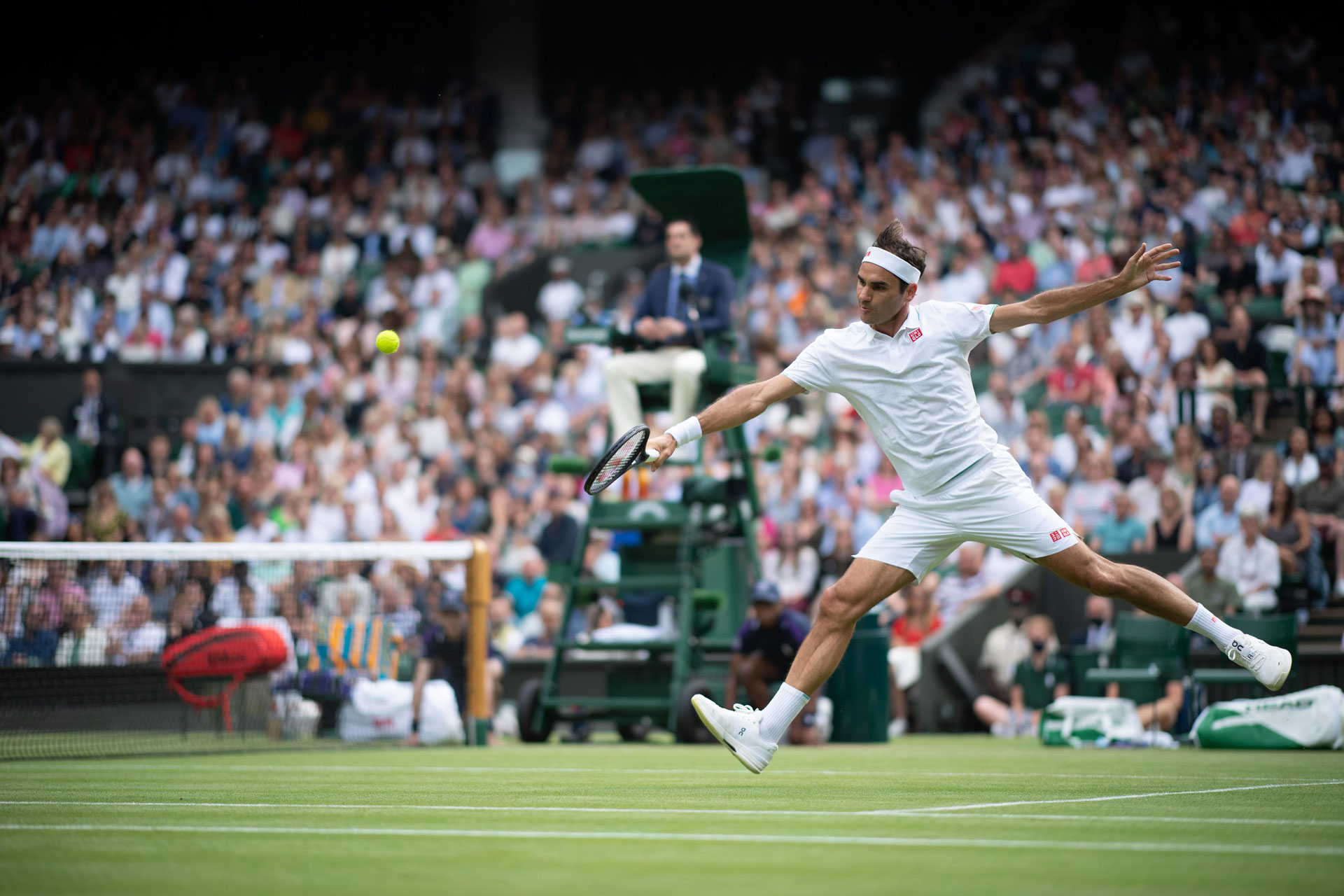
Preparations
Visiting two weeks out from the start of the tournament, there is a real buzz in the air. Tournament preparations are meticulously carried out with no stone left unturned; every railing is polished, walls are repainted, and fresh flowers are placed around the premises. Meanwhile, the courts get their own special treatment, hand weeded, rolled and mowed every day to 8mm (ideal length for the game). It takes an army to prepare for the famous fortnight. Whilst there are approximately 350 workers at the Club year round, including a full team of ground staff, there are around 7,500 staff recruited specifically for the Championships – this includes 300 drivers employed to transport players to and from the grounds.
As for the players’ own Wimbledon preparations, Henman’s advice is to ‘embrace’ the tournament. He recalls sitting in the stands with his coach prior to his first time playing on Centre Court ‘to have a really good look around’ and ‘acclimatize’. ‘Wander around and soak up the atmosphere so that you’re comfortable,’ he says.
He also suggests that players focus on the process, not the outcome. ‘If you’ve got a game plan, you execute your game plan, and the result will take care of itself,’ he says. ‘The most basic form of psychology is staying in the present, so the only thing you can really concentrate on is that next point.’
It’s a mindset that comes with experience, he explains. ‘You’re going to be nervous, and therefore you should expect to be nervous, and understand that there’s nothing wrong with that. It’s about how you deal with it.’ For example, being nervous ‘definitely affects your legs,’ he says. ‘So, you focus on your footwork, making sure that you’re really moving your feet and getting your body going.’
He talks about ‘controlling the controllables’ and trying to avoid any media influence. ‘What can I control?’ he would ask himself. ‘The two things I can control are my preparation and my performance. What’s said in the media, what the weather is doing, I can’t control it. So why am I going to worry about it?’
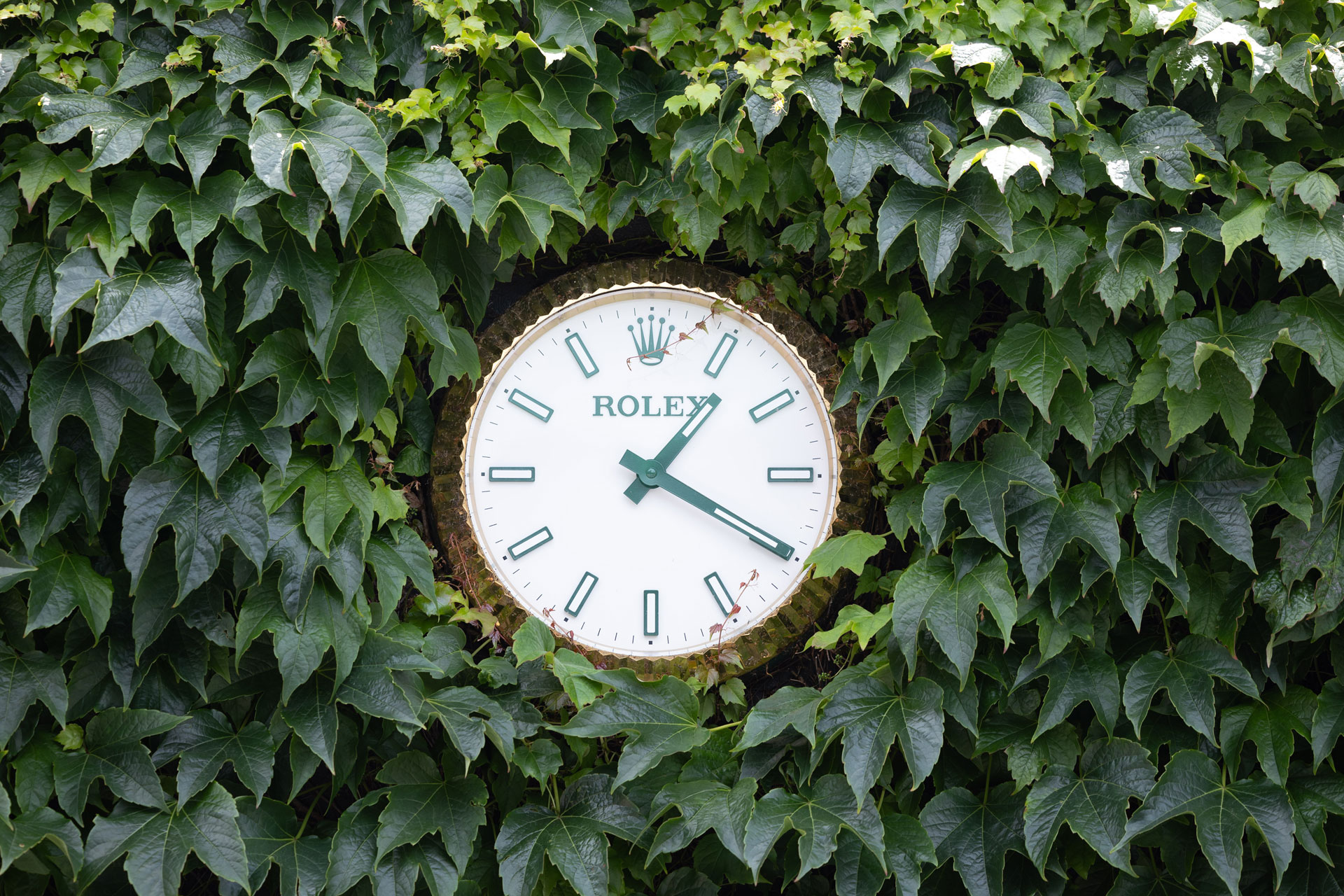
Player Welfare
As the Club has evolved over time, so too has player welfare. ‘I think the game is so much better now because we’re prepared to talk about it,’ says Henman, with regards to players’ mental health, ‘and there have been top players who have been very open with their struggles.’ As a father of three daughters, he talks about the pressure that is placed on the athletes, often at a particularly young age – something that he has experienced himself. ‘You see the glamour of being a professional tennis player, playing at these great events and earning lots of money, but they have their own vulnerabilities.’
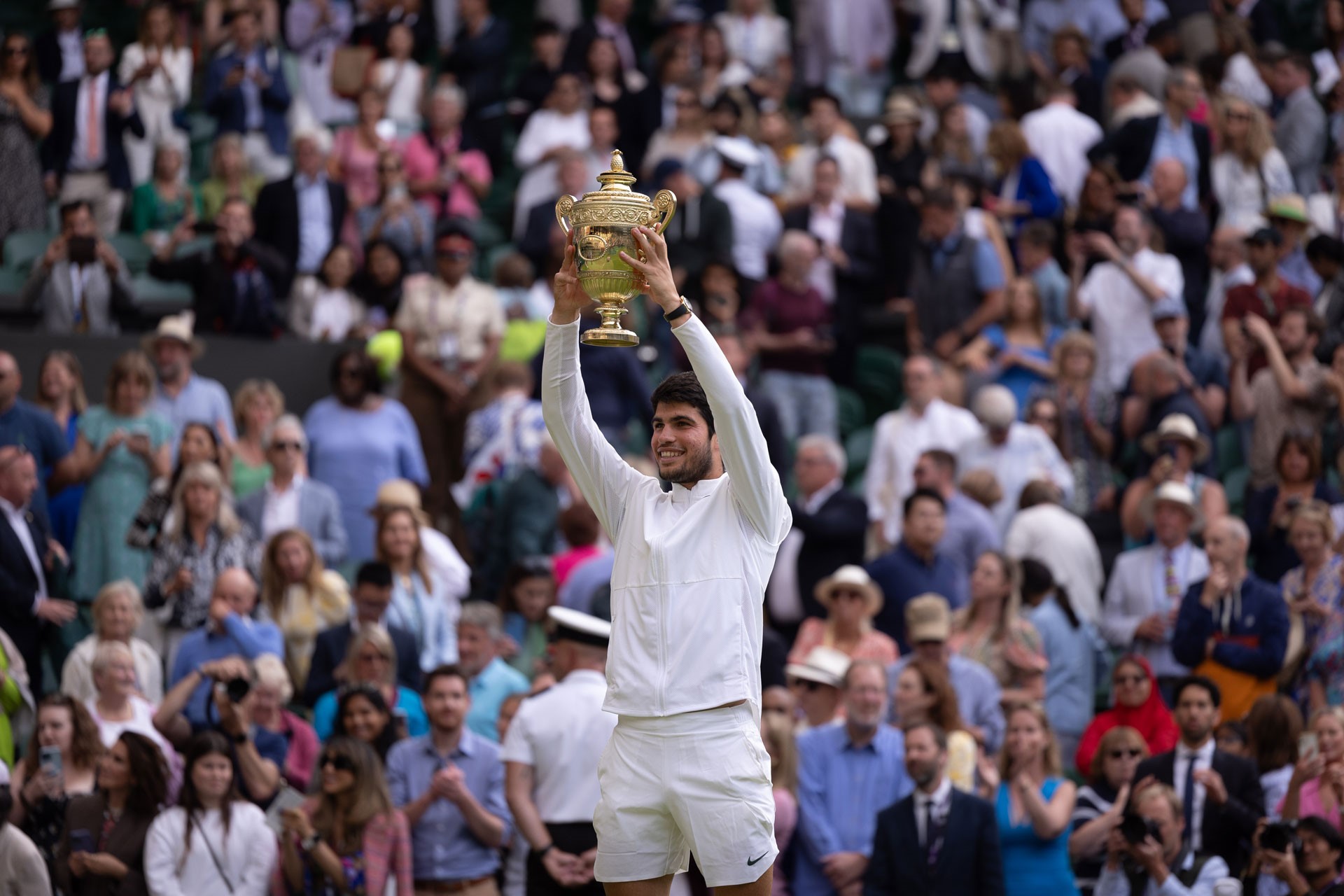
Wimbledon 2024 Predictions
Looking forward to Wimbledon this year, ‘it’s possibly the most open the event has ever been,’ says Henman. 2024 marks the 137th edition of the championship, plus 150 years of lawn tennis.
‘I think it’s unlikely that Djokovic will be able to play, having had knee surgery,’ he says. ‘It will be amazing to see Alcaraz and Sinner – Sinner plays very well on the grass and made semi-finals last year, whilst Alcaraz is defending champion. But then there’s a whole host behind that could cause upsets.’
As for the Women’s Singles, ‘Iga Świątek is the clear number one in the world in terms of rankings,’ he says, ‘however, she’s not as comfortable on grass, so that’s a big challenge for her.’
‘We’ve had so many great rivalries, from Federer and Nadal to Djokovic and Murray, and the Williams’ sisters. A couple of years ago, it was almost easy to sit and think, what’s going to happen to tennis when those legends of the game retire? But there’s always that next generation.’
Wimbledon starts on 1 July at The All England Lawn Tennis and Croquet Club. wimbledon.com





